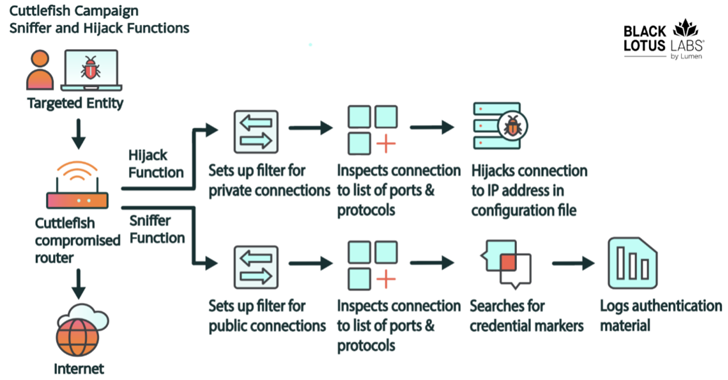Another set of malicious apps has made it into the official Android app store. Detected by ESET security systems as Android/TrojanDropper.Agent.BKY, these apps form a new family of multi-stage Android malware, legitimate-looking and with delayed onset of malicious activity.
We have discovered eight apps of this malware family on Google Play and notified Google’s security team about the issue. Google has removed all eight apps from its store; users with Google Play Protect enabled are protected via this mechanism.

Figure 1 – Six of the multi-stage downloaders discovered on Google Play
None of the apps in question had reached more than a few hundred downloads. Regardless, their advanced anti-detection features make this malware family interesting.
Anti-detection features
These malware samples all employ a multi-stage architecture and encryption to stay under the radar.
After being downloaded and installed, these apps do not request any suspicious permissions and even mimic the activity the user expects them to exhibit.
Along with this, the malicious app also decrypts and executes its payload – that is, the first-stage payload. This payload decrypts and executes the second-stage payload, which is stored in the assets of the initial app downloaded from Google Play. These steps are invisible to the user and serve as obfuscatory measures.

Figure 2 – Execution model of Android/TrojanDropper.Agent.BKY
The second-stage payload contains a hardcoded URL, from which it downloads another malicious app (that is, the third-stage payload) without the victim’s knowledge. After a pre-defined delay of approximately five minutes, the user is prompted to install the downloaded app.
The app downloaded by the second-stage payload is disguised as well-known software like Adobe Flash Player or as something legitimate-sounding yet completely fictional – for example “Android Update” or “Adobe Update”. In any case, this app’s purpose is to drop the final payload and obtain all the permissions that payload needs for its malicious actions.

Figure 3 – Installation request for the third-stage payload
Once installed and having the requested permissions granted, the malicious app serving as the third-stage payload decrypts and executes the fourth-stage – and final – payload.
In all the cases we investigated, the final payload was a mobile banking trojan. Once installed, it behaves like a typical malicious app of this kind: it may present the user with fake login forms to steal credentials or credit card details.
One of the malicious apps downloads its final payload using the bit.ly URL shortener. Thanks to this, we were able to obtain download stats: as of November 14, 2017, the link had been used almost 3000 times with the vast majority of hits coming from the Netherlands.

Figure 4 – Download stats for the final payload of one of the malicious apps, as of November 14, 2017
Two of most recent samples of Android/TrojanDropper.Agent.BKY were caught downloading either MazarBot, a notorious banking trojan, or spyware.
Given its nature, this downloader can deliver any payload of the criminals’ choice as long as it doesn’t get flagged by the Google Protect mechanism.
How to get rid of it
If you’ve downloaded any of these apps, you need to (i) deactivate admin rights for the installed payload, (ii) uninstall the surreptitiously-installed payload and (iii) uninstall the app downloaded from the Play Store.
- To deactivate admin rights for the installed payload, go to Settings > (General) > Security > Device administrators and search for Adobe Flash Player, Adobe Update or Android Update.
- To uninstall the installed payload, go to Settings > (General) > Application manager/Apps and search for the particular apps (Adobe Flash Player, Adobe Update or Android Update) to uninstall them.
- To uninstall the malicious app downloaded from the Play store, go to Settings > (General) > Application manager/Apps and search for apps going by the following names: MEX Tools, Clear Android, Cleaner for Android, World News, WORLD NEWS, World News PRO, Игровые Автоматы Слоты Онлайн or Слоты Онлайн Клуб Игровые Автоматы.
Note that the settings structure may vary slightly depending on Android version.
How to stay protected
Unfortunately, multi-stage downloaders, with their improved obfuscation features, have a better chance of sneaking into official app stores than common Android malware does. Users who want to stay protected should not rely fully on the stores’ protections; instead, it’s crucial for users to check app ratings and comments, pay attention to what permissions they grant to apps, and run a quality security solution on their mobile devices.
Source:https://www.welivesecurity.com/2017/11/15/multi-stage-malware-sneaks-google-play/









